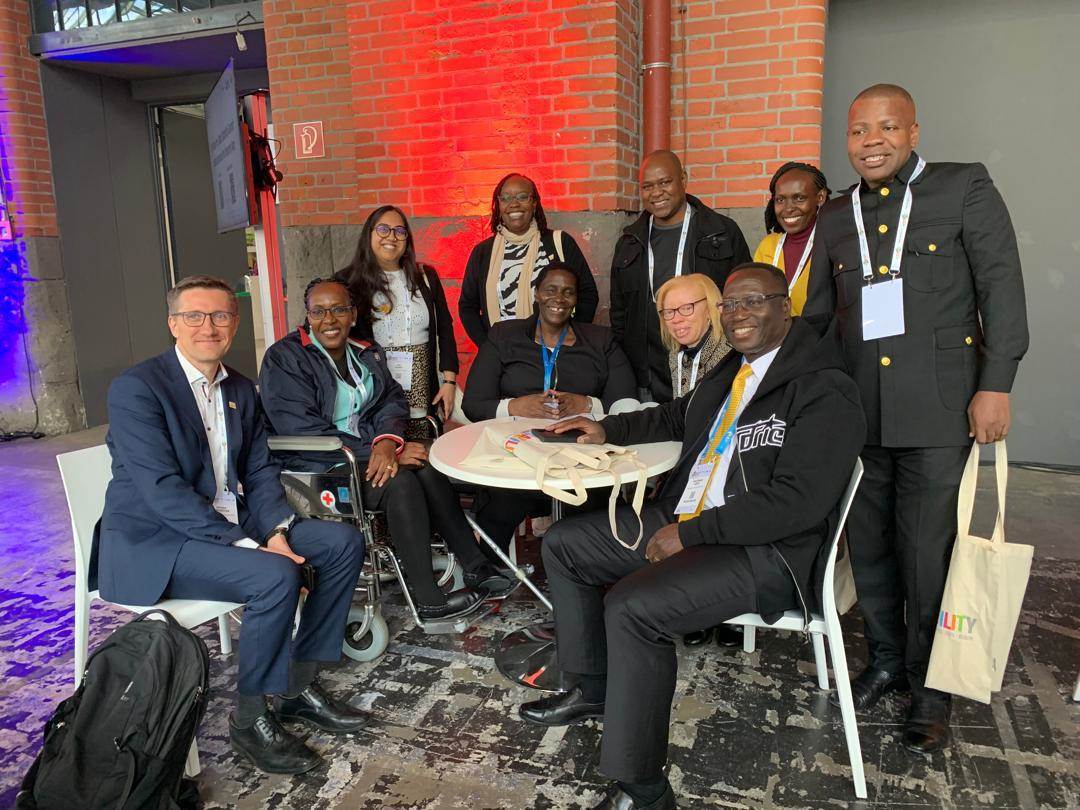This handbook provides a comprehensive overview of disinformation, including its different forms and the various techniques used to spread it. It also covers the basics of AI and synthetic media, including their potential applications and implications for democracy, within and beyond the electoral cycle. You can also view the handbook on our ISSUU platform click here >

CPA prepares Parliaments for a new era of disinformation with handbook on artificial intelligence and synthetic media
Recent developments in artificial intelligence (AI) and synthetic media have added new layers of complexity when combating disinformation. These technologies can create highly realistic but entirely fabricated content, making it increasingly difficult for individuals and organisations to distinguish between truth and falsehood. With more than half the world’s population set to have a chance to vote in 2024, the impact of artificial intelligence on the integrity of public discourse and our ability to maintain fact-based narratives will be a major concern for democracies across the world this year.
In response to these emerging technologies, the Commonwealth Parliamentary Association (CPA) and the Organization of American States (OAS) have developed the Parliamentary Handbook on Disinformation, AI and Synthetic Media. This handbook provides readers with an overview of disinformation, the different forms it can take and the contemporary techniques used to spread it. The handbook also covers the basics of AI and synthetic media, including their applications in, and implications for, democracy.
Download the Parliamentary Handbook on Disinformation, AI and Synthetic Media
“In today’s rapidly transforming information ecosystem, the growth of synthetic media and disinformation underlines the urgent need to protect democratic integrity and free expression,” said Cassidy Bereskin, Founder and Director of OxGen AI and the lead author of the handbook. “This handbook outlines how legislatures can collaborate with governments, tech companies, civil society and the public to navigate the delicate balance between fostering technological innovation and safeguarding democratic values.”
The publication contains effective strategies for combating disinformation and guidance on how Parliamentarians can work with other stakeholders, including civil society, the media and technology companies, to develop effective policies and regulatory/legislative frameworks to address the challenges of disinformation, as well as how they can take steps to safeguard their own online profiles and communication channels.
There is a particular focus on synthetic media and synthetic disinformation, defined as disinformation generated or enhanced via synthetic media techniques. The handbook offers new analysis of the threats posed by this emerging form of disinformation, which include:
- the deeper erosion of the public’s ability to discern reality and truth,
- the entrenching of ideological silos and echo chambers,
- the increasing ability of malicious actors to target specific individuals and cause reputational damage,
- the ‘liar’s dividend,’ where broad public scepticism around deepfakes is weaponised to discredit genuine evidence.
What is synthetic disinformation and how does it threaten democracies?
This extract from the handbook explains the key features of synthetic disinformation and outlines their consequences for democracies.
Read the extract ->
Stephen Twigg, the CPA Secretary-General, said:
"At our recent online conference on artificial intelligence, disinformation and Parliament, we heard repeated warnings from experts about how malicious actors could misuse AI to spread disinformation, particularly during election periods. This handbook addresses many of the concerns raised by Parliamentarians at the conference and will help members to protect the integrity of our democracies in the AI era.”
Likewise, Alison August Treppel, Executive-Secretary of CICTE/OAS highlighted that:
"This handbook intends to be a comprehensive guide highlighting the intricate and ever-changing landscape of online disinformation, to offer a nuanced exploration of synthetic media's evolution, characteristics, and implications, and to provide an innovative typology for dissecting this complex phenomenon. By addressing the multifaceted challenges posed by synthetic disinformation, including its threat to democracy, we hope this publication emerges as a valuable resource, guiding parliamentarians and other stakeholders with strategic initiatives, policy and legislative recommendations to safeguard democratic values and human rights in the digital age."
The handbook builds upon the CPA’s commitment to mainstream technology and innovation as a cross-cutting theme across the organisation’s programmes. It also complements the OAS’s work in building awareness around the breadth and depth of misinformation, disinformation, fake news and the manipulation of information in undermining democratic norms and principles.




